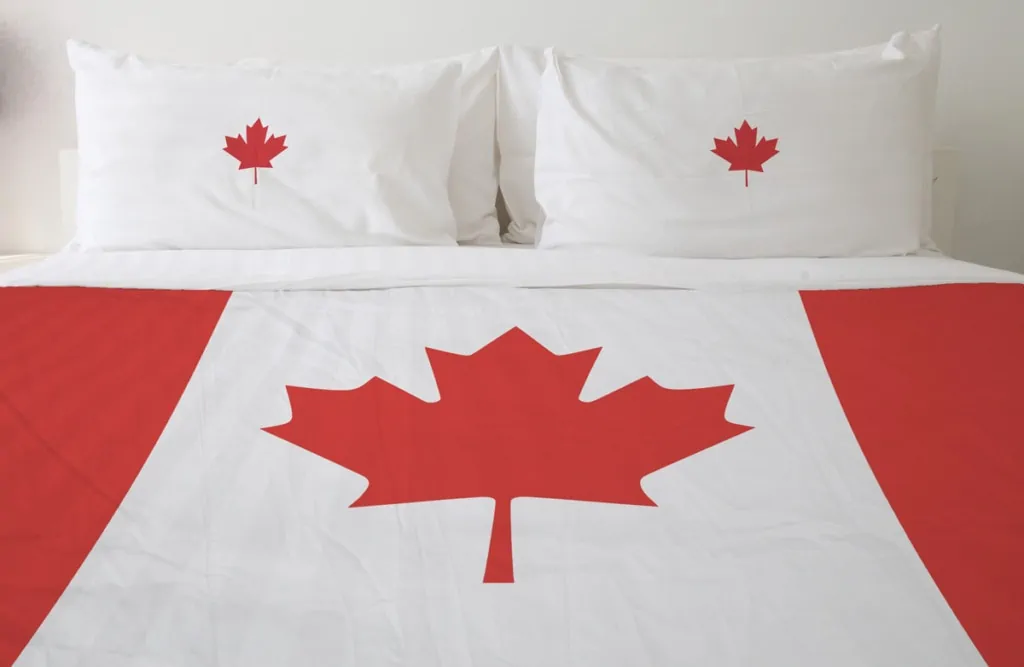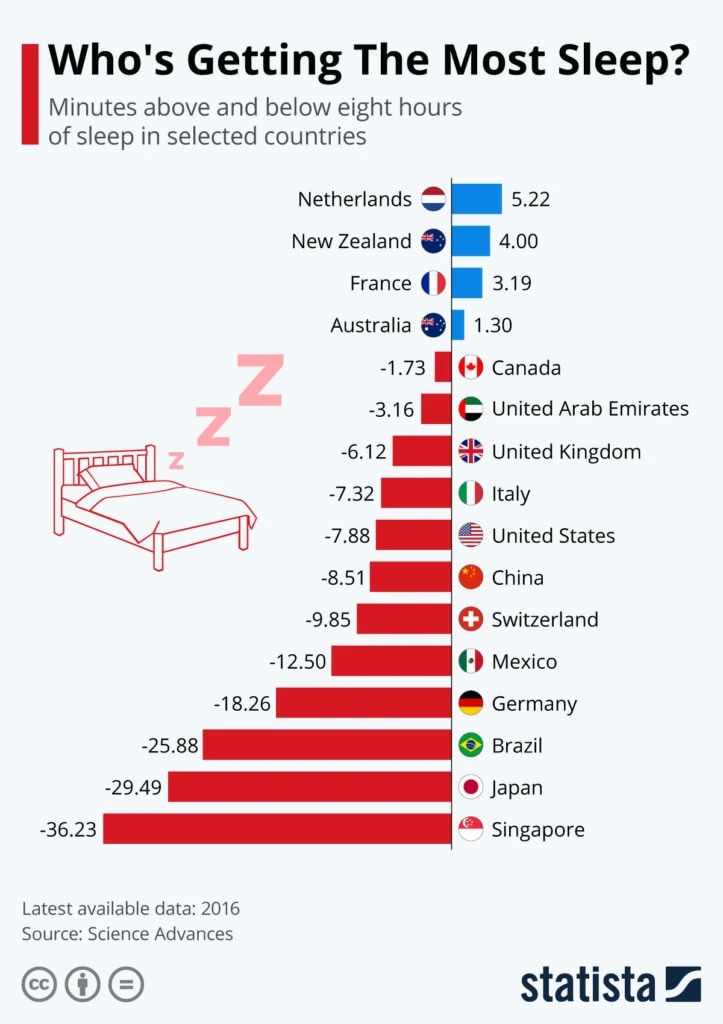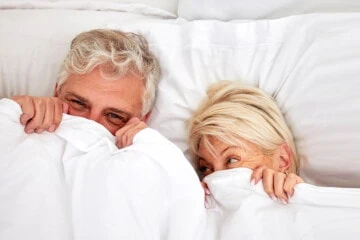
Sleep is one of the most fundamental things we do, no matter where we live or what we do in our day-to-day lives. Most people spend one-third of their lives sleeping, approximately 25 years. Although that may seem like a lot of time, it starts to make sense when you break down your average day into your sleep and awake times.
While the average adult will require 7-8 hours of sleep, it will vary as you age. For example, the average child requires 10-12 hours of sleep, the average teen 8-11 hours, and the average senior needs 6-7 hours of sleep. Along with the need to have different amounts of sleep as we enter different life cycles, many of us spend about seven years of their lives trying to fall asleep.
Sleep Debt
With most of us getting our recommended amount of daily sleep, some are building what we call “sleep debt,” The only way to pay back your sleep debt is to get more sleep. Most of us think that having that extra cup of coffee will help us catch up on our energy, but this turns out to be primarily counterproductive. Stimulating our nervous system or causing us to be in a state of hyper-arousal only prevents us from getting the much-needed sleep we require, furthering our sleep debt.
Practicing good sleep hygiene is an excellent way to ensure we get the best possible sleep. Unfortunately, for most of us, it’s not easily maintained. Maintaining good sleep hygiene means no television before bed, limiting caffeine intake, avoiding midnight snacks, and balancing work schedules. Unfortunately, avoiding these habits proves difficult for many trying to get better sleep.
Sleep Worldwide
Who would have thought that where we live could play a role and impact our sleep cycles and quality as much as it does? Did you know that there are studies that show how certain countries get less sleep than others and how some countries get more? For example, these studies show that people in the Netherlands achieve the most sleep at a whopping 8 hours and 5 minutes, while people living in Singapore and Japan appear to require the least amount of sleep, coming in at 7 hours and 24-30 minutes.

Our sleeping habits are based generally on our local cultures, and what is accepted in one culture may not be accepted in another. Some examples of cultural differences are as follows; In both Japan and China, it is not uncommon for people to “nap” on the job, and in Japan, they will even nap during dinner parties which is a practice they call inemuri. Most areas with a robust Spanish culture also participate in what they call a siesta, another fancy word for a nap. Americans and Japanese culture are found to nap more than other countries such as Germany, Mexico, and the UK.
Sleep Accessories
Blankets are another custom that not all countries use. While most of us will use blankets for warmth, that is not the only reason. Many of us find comfort in a blanket, a physiological reaction that allows some of us to become more relaxed by its touch and even weight. Some have described it as comparable to a hug that can induce the feeling of security and safety. Some other countries may not use blankets but rather have multiple family members sharing the same bed, providing the warmth and comfort needed for sleep in another form.
Sleep & Technology
As technology advances and our access to things such as streaming services, cell phones, and television becomes far more accessible, so does our use of electronic devices before bed and in the later hours of the evening. Using these devices can significantly impact our sleep as the “blue light” decreases our ability to fall asleep by suppressing the body’s ability to release melatonin. That said, studies have shown that American and Mexican cultures have about 73-80% of their population watching TV before sleep. While approximately 62% of American children/teenagers bring their electronic devices to bed with them, and believe it or not, 37% find themselves texting after the lights have gone out.
We all know that babies spend a lot of time sleeping, and in some countries such as Norway and Sweden, parents leave their infants in strollers outside while napping as they believe the fresh air benefits the child. In North America, this is not a practice we see occur unless the child is under direct supervision. However, this is not the case in these previously mentioned areas; they frequently leave their infants outside grocery stores and coffee shops while running errands and enjoying their coffee.
Canadian Sleep Habits
When it comes to the sleep habits and hygiene of the world, it shows that there certainly is no one size fits all; instead, the diverse array of countries that form the world vary in how they sleep, where they sleep, for how long they sleep, and when they sleep.
A study showed these top 5 findings regarding our Canadian sleep habits.
- 1 out of 3 Canadians is not getting enough sleep.
- Canadians are currently sleeping less than they were in 2005.
- Most Canadians do not find that they are getting a night of refreshing sleep.
- Over 50% of women have difficulty falling asleep or staying asleep.
- Overall, women sleep longer than men.
The dream team at Snore MD prides themselves on providing exceptional education to their patients, and if you have any questions on how to improve your sleep hygiene, please reach out to your local office, and they would be happy to assist you.




